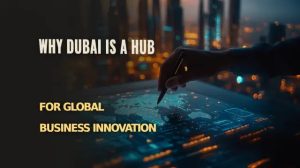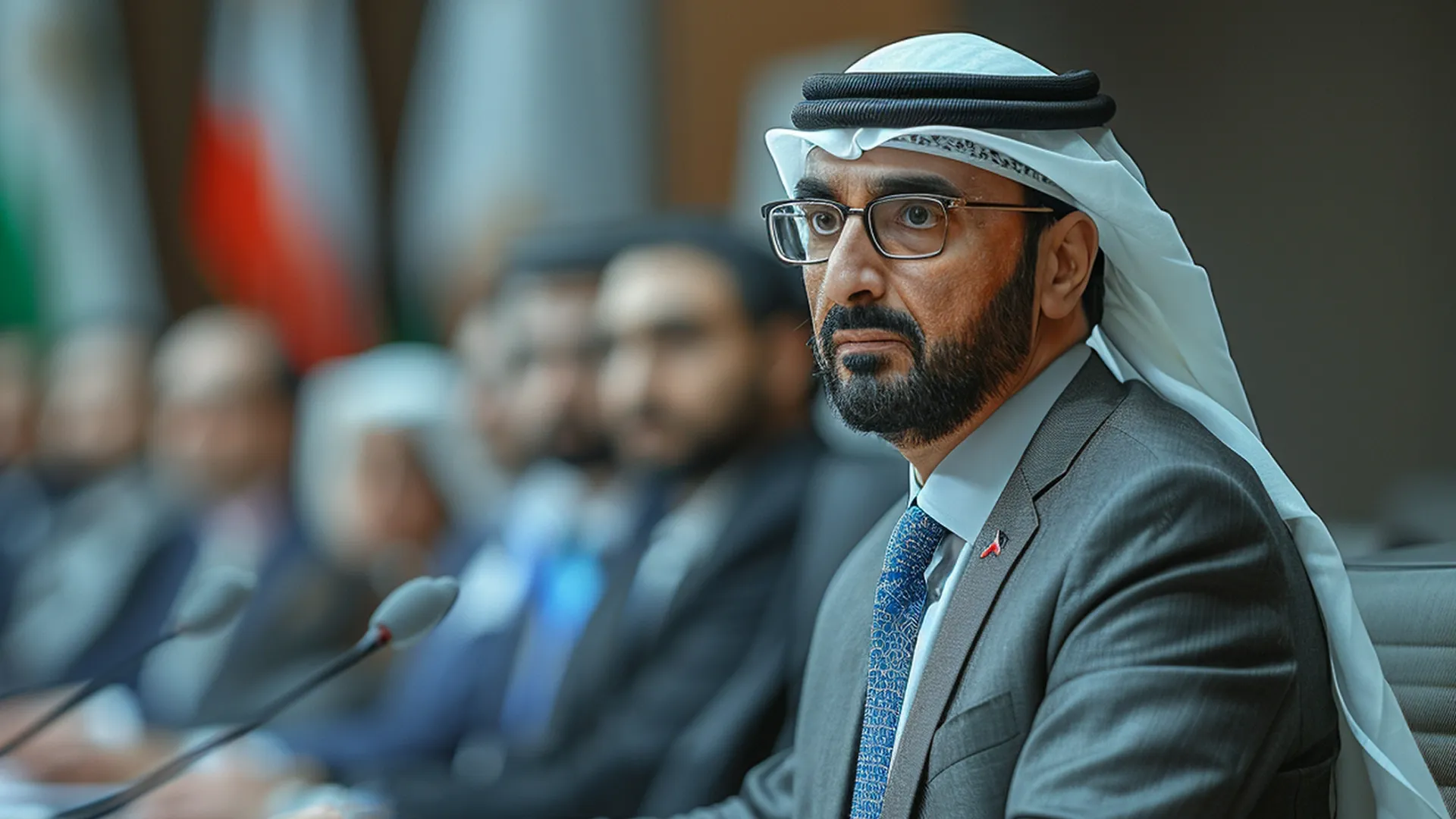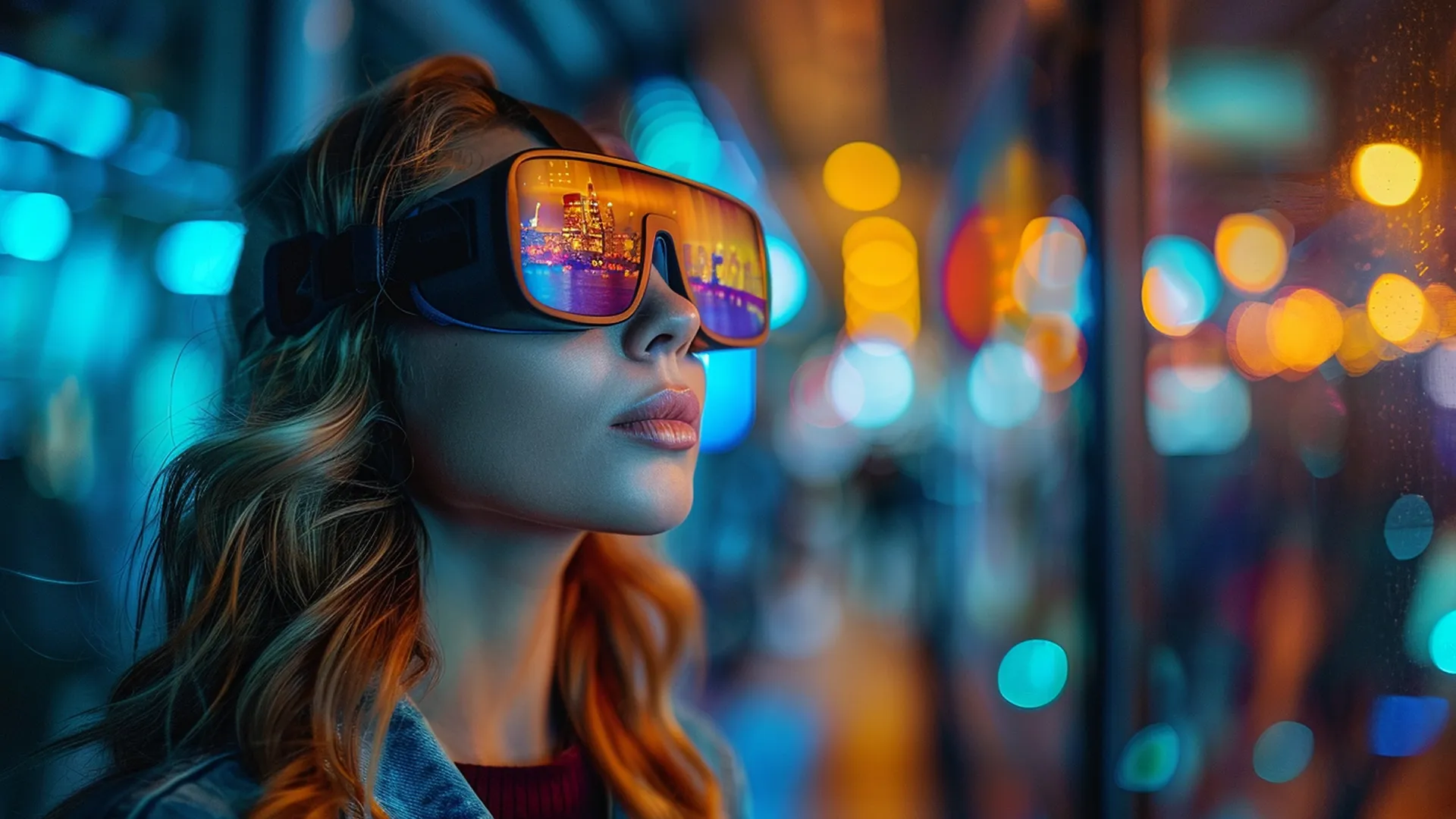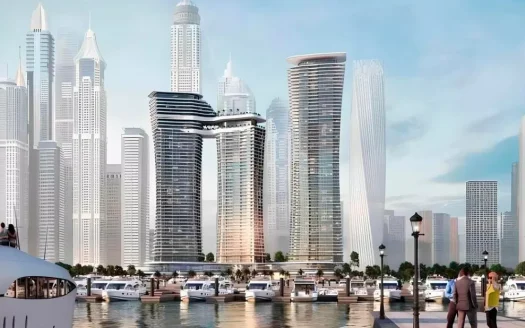Why Dubai is a Hub for Global Business Innovation
Last Updated on August 13, 2025

As a real estate expert who has spent over a decade facilitating business transitions into Dubai’s market, I’ve witnessed firsthand how this city has transformed from a desert trading post into a global business hub. Dubai’s remarkable journey captivates me every day, and I’m excited to share my insights about why this city has become the ultimate destination for global innovation and investment.
The Strategic Advantage of Dubai’s Location and Infrastructure
Dubai’s location gives businesses an unprecedented advantage. Situated at the crossroads of Europe, Asia, and Africa, the city provides access to markets comprising over 2.5 billion people within a four-hour flight radius. This strategic position isn’t just about geography – it’s about timing. When Asian markets close and European ones open, Dubai’s business day is in full swing, creating a unique 24/7 trading environment that global investors find invaluable.
The city’s infrastructure reflects this global ambition. Dubai International Airport (DXB) handles over 89 million passengers annually, making it one of the world’s busiest airports. The city’s road network is impressive too – you can drive from one end of Dubai to another in just 90 minutes, even during peak hours, thanks to the eight-lane Sheikh Zayed Road and sophisticated traffic management systems.
What really sets Dubai apart is its internet infrastructure. With average speeds of 250 Mbps and 5G coverage across 97% of populated areas, digital businesses find the perfect environment here. The city has invested over $20 billion in digital infrastructure since 2020, and it shows. My clients often tell me how surprised they are by the seamless connectivity – it’s better than what they experience in many Western capitals.
Port Jebel Ali, the largest man-made harbor in the world, handles over 22 million containers annually. This isn’t just a number – it represents real business opportunities. Companies can import raw materials and export finished products with minimal logistics hassle, saving both time and money.
Dubai’s Economic Framework: A Business-Friendly Paradise
The Dubai economy operates on a unique model that I like to call “strategic freedom.” There’s zero corporate tax for most businesses in free zones, and no personal income tax. This isn’t just about saving money – it’s about reinvesting in growth. One of my clients saved $2.8 million in taxes last year, which they channeled into hiring 50 new employees and expanding their tech department.
Free zones are Dubai’s secret weapon for global business innovation. Each free zone specializes in specific industries. Dubai Internet City, for example, hosts over 1,600 tech companies. Dubai International Financial Centre (DIFC) operates under Common Law principles, making it familiar and comfortable for international businesses. The setup costs in free zones range from $5,000 to $15,000, depending on the license type and facility requirements.
Business regulations here are straightforward and business-friendly. You can register a company in just 4 hours – I’ve done it countless times with my clients. The process is entirely digital, and you don’t need to be physically present. Multiple visa options are available, including the new Golden Visa program, which offers 10-year residency for investors putting in at least AED 2 million (approximately $545,000) in the local market.
Dubai’s currency stability is another major advantage. The UAE dirham has been pegged to the US dollar since 1997 at a fixed rate of 3.6725 dirhams per dollar. This stability helps businesses plan long-term investments without currency risk concerns.
Innovation Ecosystems and Technology Integration
Dubai’s commitment to innovation isn’t just talk – it’s backed by serious investment. The Dubai Future Foundation manages a $275 million innovation fund, supporting startups and research initiatives. The city has dedicated innovation districts, like Area 2071, where startups can access state-of-the-art facilities and mentorship programs.
The government’s commitment to blockchain technology and artificial intelligence is remarkable. Dubai aims to have 50% of all government transactions on blockchain by 2025. They’ve already saved $1.5 billion in document processing by digitizing government services. The Dubai Blockchain Strategy is creating new opportunities in finance, logistics, and real estate.
Smart Dubai initiative is another game-changer. The city is implementing AI-driven solutions for everything from traffic management to healthcare. There are over 1,000 smart services and initiatives already in place. My favorite example is the AI-powered legal consultant at DIFC courts, which has handled over 100,000 inquiries since its launch in 2021.
Dubai’s Internet of Things (IoT) strategy aims to create the most advanced IoT ecosystem in the world. The city plans to invest $8 billion in IoT infrastructure by 2025. This creates massive opportunities for tech companies and startups working in connected technologies.

Real Estate and Physical Infrastructure: The Tangible Side of Innovation
Dubai’s real estate market offers unique opportunities for business innovation. The average office rental rates in prime locations range from AED 80 to AED 200 per square foot annually, significantly lower than other global business hubs like Hong Kong or London. Smart building technology is standard here – most new office buildings come with IoT integration, sustainable energy systems, and AI-powered facility management.
The city’s commitment to sustainability is impressive. Dubai Sustainable City, the first net-zero energy development in the region, shows how green technology and business can work together. Solar panels cover 40% of the city’s rooftops, generating enough power to reduce energy bills by up to 50%.
Commercial real estate in Dubai offers an average ROI of 7-9%, higher than many other global cities. The market is transparent, with all transactions recorded on the blockchain through the Dubai Land Department. This technological integration has reduced transaction times from 10 days to 20 minutes.
Smart building technology is becoming standard. New office developments include features like facial recognition entry systems, IoT-enabled climate control, and AI-powered security systems. These technologies reduce operating costs by an average of 30% compared to traditional buildings.
Global Talent Pool and Multicultural Business Environment
Dubai’s talent pool is truly global. Over 200 nationalities work here, creating a diverse business environment that drives innovation through different perspectives. The city attracts top talent with high quality of life, tax-free salaries, and excellent career opportunities. The average tech salary in Dubai is 20-30% higher than in most European cities, making it a magnet for global talent.
The government’s recent reforms have made it easier to attract and retain talent. The new remote work visa allows professionals to live in Dubai while working for companies anywhere in the world. This has attracted over 15,000 digital nomads since 2020, enriching the city’s innovation ecosystem.
Education and training facilities are world-class. Dubai has branches of top global universities, and the government invests heavily in skill development. Dubai Future Academy offers free courses in emerging technologies, training over 10,000 professionals annually in AI, blockchain, and other future skills.
The networking opportunities are unparalleled. Major conferences like GITEX attract over 100,000 tech professionals annually. These events create valuable connections between startups, investors, and established businesses. I’ve seen countless partnerships form during these gatherings.

Future Trends and Opportunities in Dubai’s Business Landscape
Looking ahead, Dubai’s focus on future industries creates exciting opportunities. The Dubai Industrial Strategy 2030 aims to generate AED 160 billion in additional GDP through advanced manufacturing and Industry 4.0 initiatives. The city is investing heavily in 3D printing, with plans to have 25% of buildings 3D-printed by 2030.
The space economy is another emerging sector. The UAE Space Agency, headquartered in Dubai, has a budget of AED 3 billion for space research and development. This creates opportunities in satellite technology, space tourism, and related industries.
Fintech is booming, with over 200 startups in this sector. The regulatory sandbox at DIFC allows companies to test innovative financial products. Investment in Dubai’s fintech sector exceeded $500 million in 2023 alone.
Healthcare technology is another growth area. Dubai Healthcare City is becoming a hub for medical innovation, with investments in AI-driven diagnostics, telemedicine, and biotechnology. The market size for healthcare technology in Dubai is expected to reach $19.5 billion by 2025.
This vibrant ecosystem of innovation and opportunity continues to evolve. As someone who works with businesses entering Dubai’s market, I’m constantly amazed by the new possibilities that emerge. The city’s commitment to being a global business hub isn’t just about providing a place to do business – it’s about creating an environment where innovation thrives and future opportunities are limitless.






